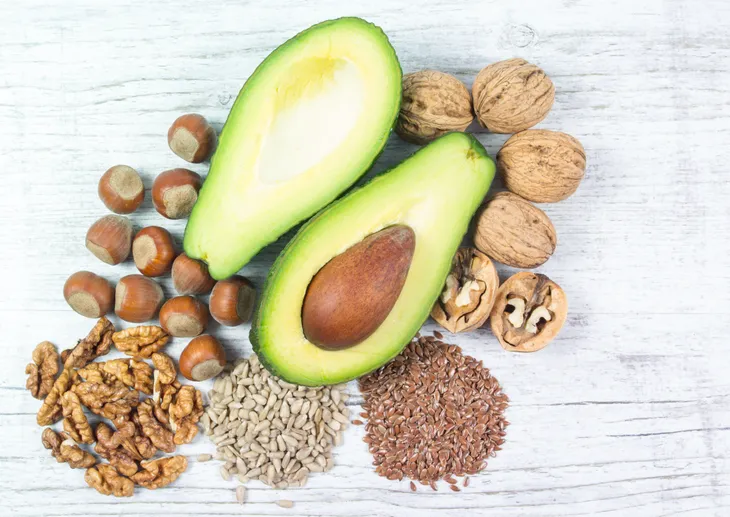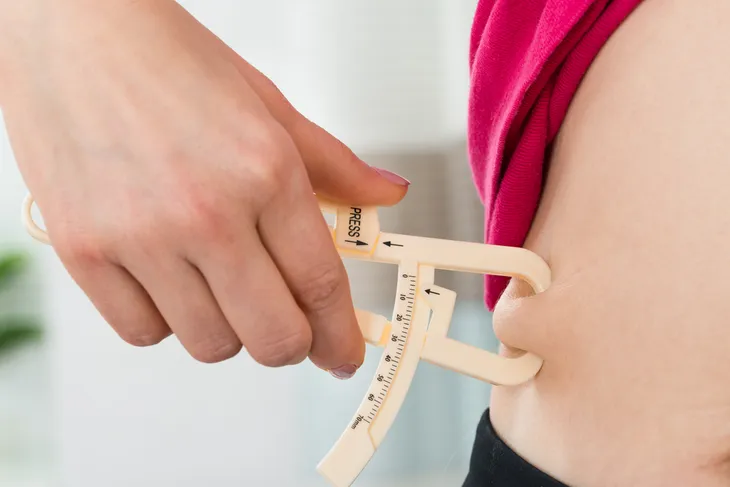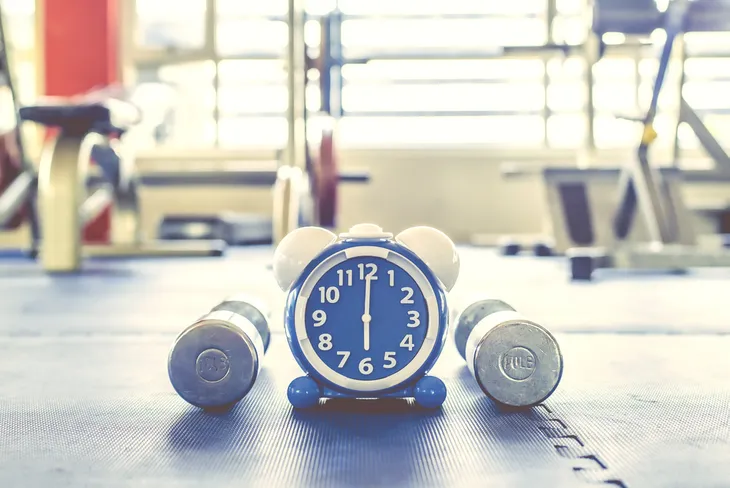There’s a lot of information about health out there. Unfortunately, there’s a lot of misinformation, too. Whether it’s a fad diet, debunked research, or just a common belief that seems to make sense but has been scientifically disproved, there are misconceptions abound and they could be keeping you from truly living well.
Here are six health myths to stop believing—and the truth to help you live better…
Myth #1: Fatty Foods = Fat
Somewhere along the way, people began associating fat in foods with fat in people. While the consumption of chips and burgers and fried foods certainly plays a part in weight gain, not all fatty foods are bad for you.
According to the Mayo Clinic, dietary fat is essential because it supports several of the body’s functions. The key is to eat the right types of fats. Steer clear of saturated and Trans fats, like those found in fried and processed foods. Opt instead for monounsaturated and polyunsaturated fats and Omega-3 fatty acids. These are the fats found in olive, safflower, and canola oils, nuts and seeds, and fish.
Myth #2: Overweight = Unhealthy
In today’s society especially, weight and health are often equated. But according to Carol Garber of Columbia University, “You can be…healthy and a little overweight.” In fact, a 2010 study published in the European Heart Journal indicated that as many as 10-percent of Americans may have what’s called “normal weight obesity.”
Medical professionals have long disputed the accuracy of the body mass index (BMI) in determining health. The reality is that some people classified as obese by the BMI are actually at their body’s comfortable weight and are perfectly healthy. Lifestyle, activity level, diet, and general physique are better indicators of actual health.
Myth #3: Daily Multivitamin = Necessary
Vitamins are certainly a necessary component of a healthy diet, but that doesn’t mean a daily multivitamin is necessary. Sure, some people may need to supplement their diets with certain vitamins. Pregnant women, for example, need extra folic acid to protect against birth defects. But for most people, the goal should be to get a wide array from vitamins and nutrients from food, not a daily multivitamin.
Dr. David T. Derrer of WebMD warns that there is such thing as a vitamin overdose, and too much of some vitamins or nutrients can be dangerous. Pay attention to the recommended daily intake guidelines for your sex and age, and check with your doctor or health professional before taking any supplement—especially if you have any sort of health condition.
Myth #4: Crunches = Flat Abs
Sit-ups are the quintessential abdominal exercise, but as it turns out, doing hundreds of crunches isn’t necessarily going to give you a washboard stomach. Wayne Westcott, Ph.D., a professor at Quincy College, says that fat loss is more important to a flat stomach than crunches. Sure, crunches can help tone your abs, but only once you’ve already whittled down your waistline.
The best way to combat belly fat is a mix of cardio and core training. Alternate between high- and mid-intensity cardio to burn fat stores, and do strength exercises that target the whole midsection, from buttocks to shoulders, such as planks and bridges. If you want to add in some crunches, just be sure to do them properly—otherwise, you’re more likely to hurt your back or neck than tone your tummy.
Myth #5: Exercise = Time-Consuming
Work, family, friends, errands—it’s hard enough finding time to eat and sleep, let alone go to the gym. But research out of Arizona State University suggests that people may benefit from smaller exercise sessions as much or more than longer workouts. In a 2010 study, people who took three 10-minute walks actually had lower blood pressure than those who took just one 30-minute walk.
Longer bursts of cardio are still essential for weight loss, but the bottom line is that any activity is better than none. You don’t have to do a sweaty hour at the gym to get the stress-busting, health-boosting benefits of exercise. Take a walk around the block, or even just around your home or office. Aim for a total of 30- to 60-minutes of exercise each day, but don’t feel you need to do it all in one go.
Myth #6: Weights = Bulk
Women, this one’s for you: Lifting weights does not necessarily mean you’ll bulk up. Strength training is an essential part of a well-rounded exercise routine, but many women either skip or skimp on the weights because they’re afraid of looking like a bodybuilder. Women have lower levels of testosterone, which makes them less prone to bulk.
In fact, lifting weights may be an essential part of slimming down. According to research out of Boston University School of Medicine, muscle boosts metabolism, continuing to burn calories even when you’re not exercising and therefore aiding weight loss. Study participants who combined diet, aerobic exercise, and weight lifting lost significantly more fat—about 20-pounds of it in 12-weeks—than even those who just dieted or combined diet and aerobic exercise.









